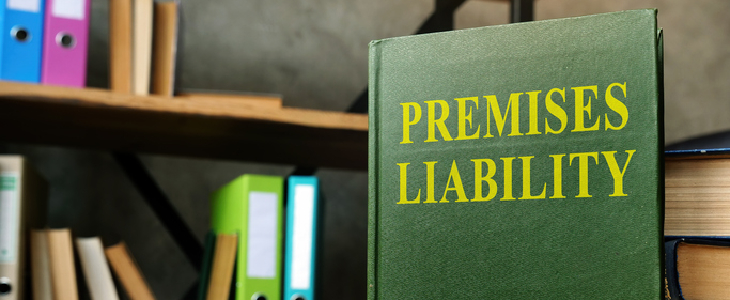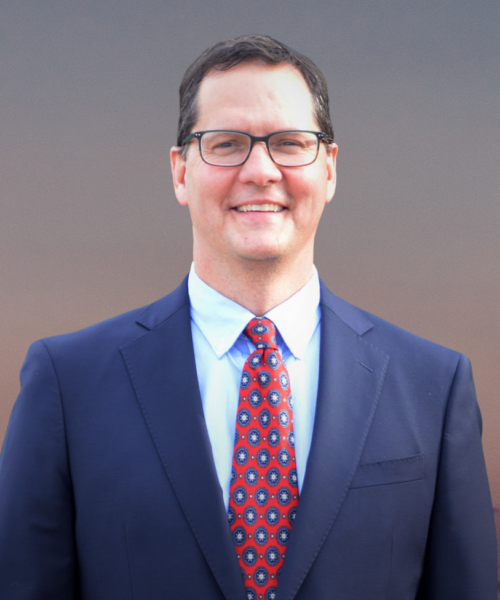Premises liability is a legal concept in tort law that places responsibility on property owners for injuries that occur on their property due to unsafe or defective conditions. Common premises liability cases can include slip and fall accidents, inadequate building security leading to injury or assault, dog bites, and swimming pool accidents. This principle dictates that property owners, whether homeowners, businesses, or government entities, must ensure their premises are reasonably safe for visitors. The extent of this duty can vary depending on the jurisdiction and the visitor’s status – whether they are invitees, licensees, or trespassers. Premises liability cases often revolve around slip and fall accidents, inadequate maintenance, defective conditions, or insufficient security, requiring a careful examination of the circumstances under which the injury occurred and the duty of care exercised by the owner.
Here are some critical aspects of premises liability in Georgia and why it is essential to have an attorney represent you if needed:
- There Is A Duty of Care: Property owners and occupiers in Georgia must exercise reasonable care in maintaining their premises and protecting lawful visitors from harm. Property owners need to fix known hazards and warn visitors about potential dangers.
- Types of Visitors: The level of care owed by the property owner depends on the status of the visitor:
- Invitees: Individuals who are invited onto the property for commercial benefit to the property owner, like customers in a store. Invitees are entitled to the highest duty of care.
- Licensees: People who can enter the property for their purposes, like social guests. Property owners must warn licensees of known dangers but are not required to inspect the property for unknown hazards.
- Trespassers: Individuals who enter the property without permission. Generally, property owners owe a minor duty of care to trespassers, except for cases involving children or known trespassers where certain conditions need to be satisfied.
- Proving Liability: To establish premises liability in Georgia, the injured party must prove that the property owner knew or should have known about the hazardous condition and failed to remedy the situation or provide adequate warning.
- Comparative Negligence: Georgia follows a modified comparative negligence rule. The injured party’s compensation may be reduced if they are partially at fault for their injuries. They may not receive compensation if their percentage of fault is 50% or higher.
- Statute of Limitations: There is a time limit for filing a premises liability lawsuit in Georgia. The time limit is generally two years from the date of the injury.
- Legal Remedies: Victims of premises liability can seek compensation for medical expenses, lost wages, pain and suffering, and other damages.
It is crucial to seek legal advice from an experienced attorney familiar with premises liability law to help you with your case. There are various nuances to premises liability law, and an attorney can fully explain the details involved when determining if you have a case. When you become our client, one of our attorneys at Gautreaux Law will handle your claim directly, fighting for the maximum compensation you deserve. Because we understand your emotional, physical, and financial challenges, your initial consultation is free, and you will pay no attorney’s fees until we win your case.



